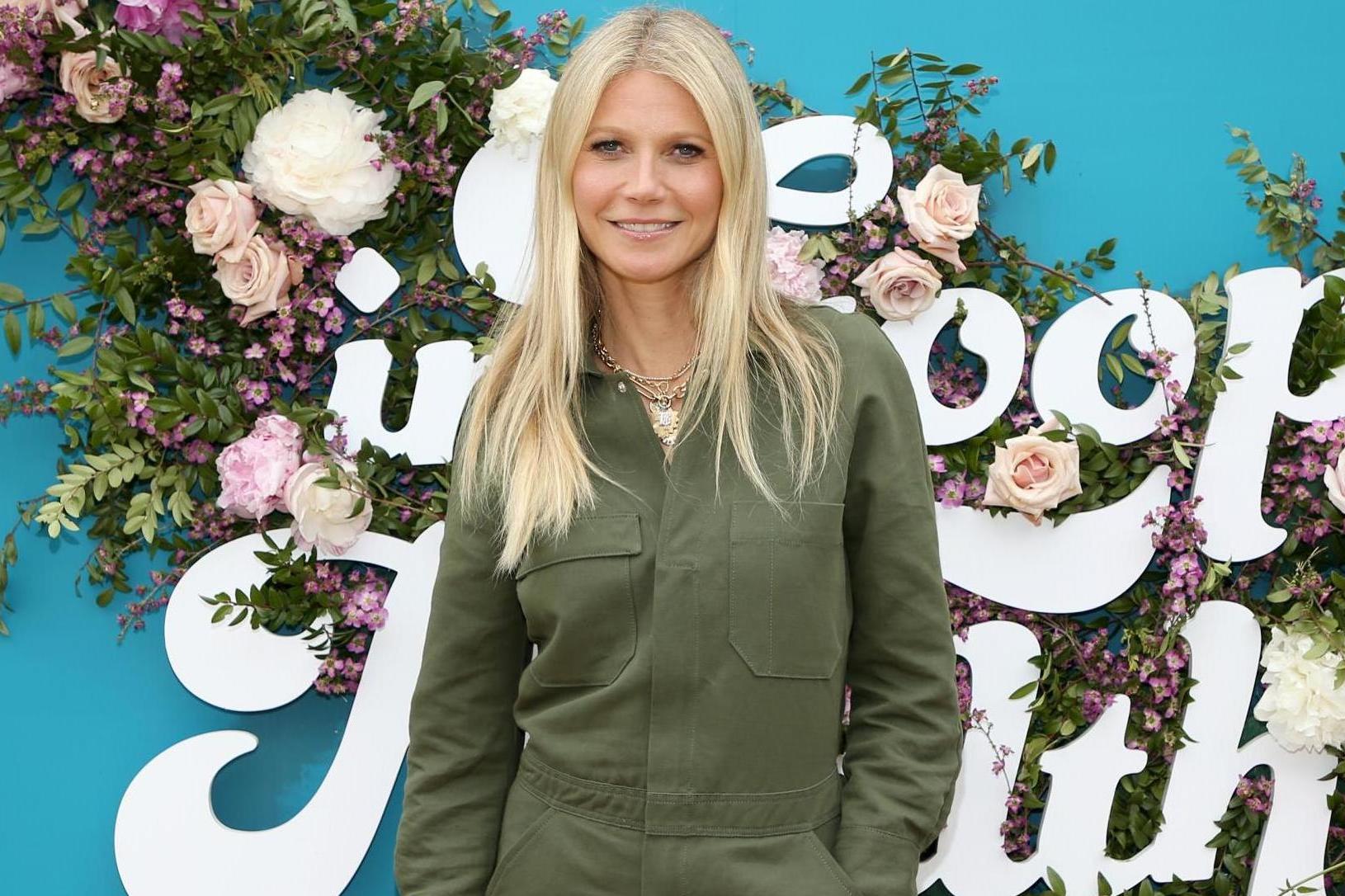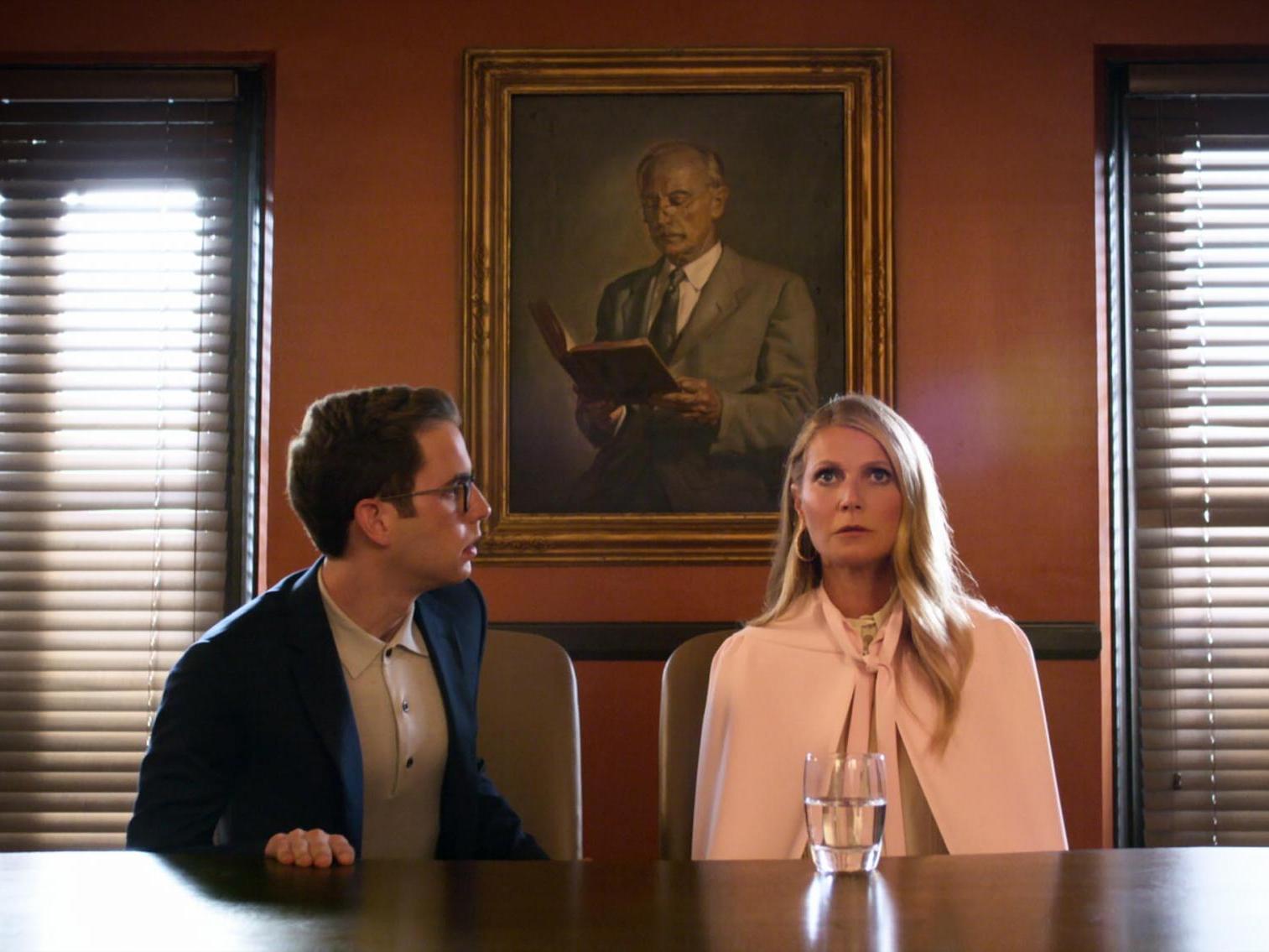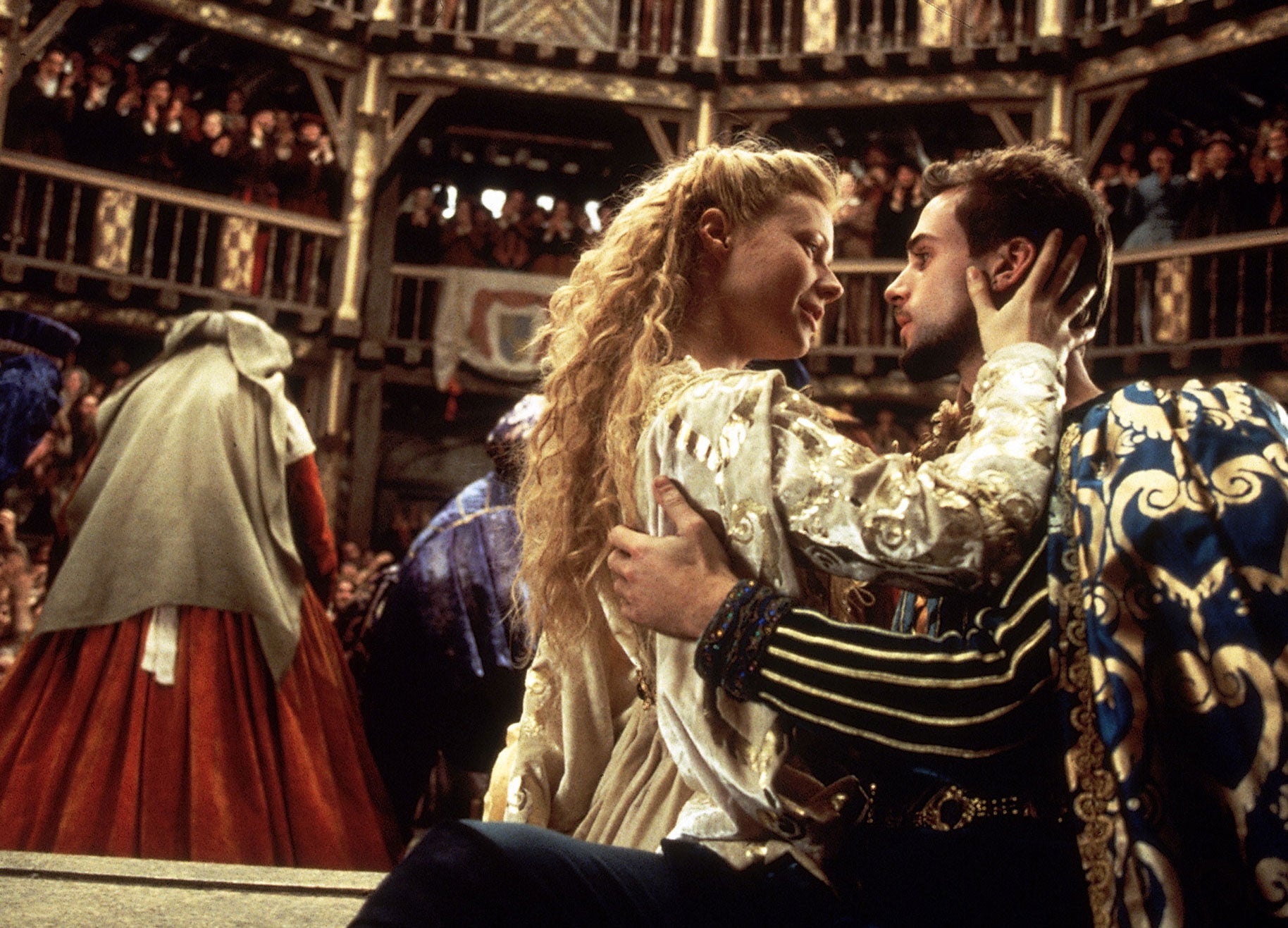The Independent's journalism is supported by our readers. When you purchase through links on our site, we may earn commission.
Gwyneth Paltrow: Underrated, magnetic star or force for blonde, capitalist evil?
‘We live in the age of Gwyneth and that is the standard by which all things are judged,’ declared a character the first time she appeared in a Ryan Murphy series. Now she’s in his drama ‘The Politician’ on Netflix. Will the real Ms Paltrow please stand up, asks Adam White


In July, well-heeled British women raged to the celebrity US gossip site Page Six that they had paid extortionate amounts of money for little more than an “intimate workout class” and lessons on how to “hydrate mindfully” from Gwyneth Paltrow, at a London “summit” for the star’s wellness and lifestyle empire Goop. “GP is a f***ing extortionist!” read one WhatsApp message sent to a Page Six source by a “prominent British guest”, who was horrified that the ludicrously expensive function was filled with little but positive-thinking affirmations, products to buy and Q&A sessions held next to a fireplace. “In Goop Health”, as the two-day, £4,500-for-a-weekend-pass event was called, was the Oscar-winning think-piece generator and occasional actor in microcosm: insufferable, hilarious and also vaguely amazing.
Paltrow has been one of pop culture’s most divisive figures for more than 25 years, with her transition from movie star to vagina-steaming, pseudoscience-spouting health guru playing a significant role in generating the criticism often sent her way. Much of it has been fair, a charity last year condemning the “misleading and potentially dangerous” claims regularly promoted by the brand. But there’s also something quietly brilliant about Paltrow’s complete lack of artifice when it comes to what she and, by extension, Goop represents – advice and products from rich people and for rich people, with little interest in appealing to anyone else. And if the rich so regularly get sucked into it, despite its overt silliness, more fool them.
As a public figure, Paltrow is recognised as being ridiculous, ludicrously wealthy and fascinated by quackery and very expensive means to fill the holes in your life. It is a persona that has generated as much in the way of column inches as it has genuine dislike, but it’s also made her easy to somewhat guiltily admire. Because to enjoy Paltrow is to wholeheartedly accept that she is both a force for good and a force for blonde, capitalist evil.
She is also hilariously bizarre. There’s a cartoonish, almost surreally oblivious side of Gwyneth Paltrow that forgets she’s in Marvel movies and steadfastly refuses to remember who her co-stars are. There’s also the side of her that is regularly self-aware, thoughtful and brave. This month it was revealed that Paltrow played a significant role in getting the Harvey Weinstein exposé off the ground, journalists Megan Twohey and Jodi Kantor recalling that she was one of the earliest star names willing to speak off the record about her experiences with the disgraced producer, at one point hiding in her bathroom when Weinstein showed up uninvited to a party she was hosting, terrified that he had somehow found out she had spoken to them.

Her latest acting role, shot around her work as CEO of Goop, also drives home her unique likeability. In The Politician, Ryan Murphy’s first series for Netflix and one co-created by Paltrow’s husband Brad Falchuk, she plays a gloriously camp pastiche of herself: dripping in jewels, obsessed with money and healing crystals and mind-numbingly oblivious to reality. That Paltrow was so game to send up her own image is a stroke of PR genius, and one that hints she is entirely aware of the absurdity of being Gwyneth Paltrow.
The show is also a reminder of how magnetic Paltrow is as an actor. In the pantheon of great movie stars, Paltrow is rarely mentioned. Even her 1999 Oscar win, only remembered as it produced one of the most overwhelmingly weepy acceptance speeches in the ceremony’s history, is often spoken of negatively – a reflection of Weinstein’s awards-season machinations in his prime, and not that her performance in Shakespeare in Love was genuinely warm, passionate and award-worthy.
But it does a disservice to how fantastic she so often was, before she created Goop in her kitchen and realised she could make more money and have real autonomy over her life by veering away from acting. Her performance in Wes Anderson’s The Royal Tenenbaums remains her masterwork, a fantastically deadpan supporting turn that burnt with angst and disappointment. But there are others, too: the tragic radiance of her role as Brad Pitt’s doomed wife in Se7en; her sparky, endearingly bitchy interpretation of Jane Austen’s Emma; her loose, vibrant messiness in James Gray’s underrated romantic drama Two Lovers; how she punctuated every sentence with one clunky British colloquialism after another in the endlessly rewatchable if entirely insane Sliding Doors. And in her first major acting role in 1993’s neo-noir Flesh and Bone, she is remarkably captivating – playing a ruthless, haunted teen grifter wafting aimlessly through small-town America on James Caan’s arm.
“There’s a kind of hypnotic thing that happens with real movie stars that makes it difficult not to watch them, and she has that quality,” the late Sydney Pollack said in 1993. “You could say she’s waiflike. You could say she’s gamine. You could say she’s gorgeous. You could say all those things, and they would be true, but it’s the particular mixture – and the non-specificness – that makes her fascinating. We saw that in Flesh and Bone. As soon as she came on the screen, you thought, ‘Who the hell is that?’”
Paltrow’s acting brilliance has often been eclipsed by outside forces. In her movie-star prime in the late Nineties, her public image was of pure, pre-Millennium Waspy radiance – all crisp Calvin Klein ensembles and flat-ironed hair; a sentient air freshener romantically involved with Hollywood’s hunkiest pin-ups of the era, from Brad Pitt to Ben Affleck. On Popular, Ryan Murphy’s short-lived teen comedy that ran from 1999 to 2001, Paltrow was treated like a god by the show’s mean, blonde and ruthless villainesses primarily because of how she presented herself. “We live in the age of Gwyneth and that is the standard by which all things are judged,” one character declared in the show’s first episode. In another, two characters kidnapped Paltrow’s personal shopper and pawed over the sweaters and skirts he had bought for her.

Watch Apple TV+ free for 7 day
New subscribers only. £9.99/mo. after free trial. Plan auto-renews until cancelled.
ADVERTISEMENT. If you sign up to this service we will earn commission. This revenue helps to fund journalism across The Independent.

Watch Apple TV+ free for 7 day
New subscribers only. £9.99/mo. after free trial. Plan auto-renews until cancelled.
ADVERTISEMENT. If you sign up to this service we will earn commission. This revenue helps to fund journalism across The Independent.

Her family connections, from Blythe Danner (her mother) to Spielberg (her godfather), were additionally used as evidence that her success had been unearned. The fact that Weinstein repeatedly told women he targeted that the pair had been sexually involved – a lie that trickled down through Hollywood business meetings and onto gossip blogs and into blind items in the years that followed – only perpetuated the idea that there was nothing truly “there” – a star cynically made instead of born.
Considering how much she was belittled in her Hollywood prime, it is no surprise she found real joy elsewhere, founding Goop and becoming a kind of late-capitalist holy figure to individuals with far too much money. “I was masquerading as an actor,” she told The New York Times earlier this year. In 2018, she told the same newspaper that she never had “true agency” while acting full-time.
Weinstein propositioning her was bad, she said, but she found the rest of his behaviour towards her somehow more damaging. “It was very quid pro quo and punitive, and I always felt like I was on thin ice, and he could be truly horrible and mean and then be incredibly generous,” she said. Weinstein produced a number of her best-known hits, including Emma, Shakespeare in Love and The Talented Mr Ripley. “It was kind of like a classic abusive relationship,” she explained.
In hindsight, it is sad to think of that period of her career through the lens of what we know now, from how often we poked fun at her to how secretly destructive things were for her behind the scenes. But it contributes to the wild complexities of her modern celebrity. Today she is a survivor deserving of enormous respect, a brilliant actor deserving of far greater appreciation and credit than we ever gave her when she was in movies constantly, and a pretentious, regularly maddening merchandiser of the world’s rich, bored and emotionally bereft. Gwyneth Paltrow is all things all at once, and celebrity would be so much more boring without her.
Join our commenting forum
Join thought-provoking conversations, follow other Independent readers and see their replies
Comments
Bookmark popover
Removed from bookmarks